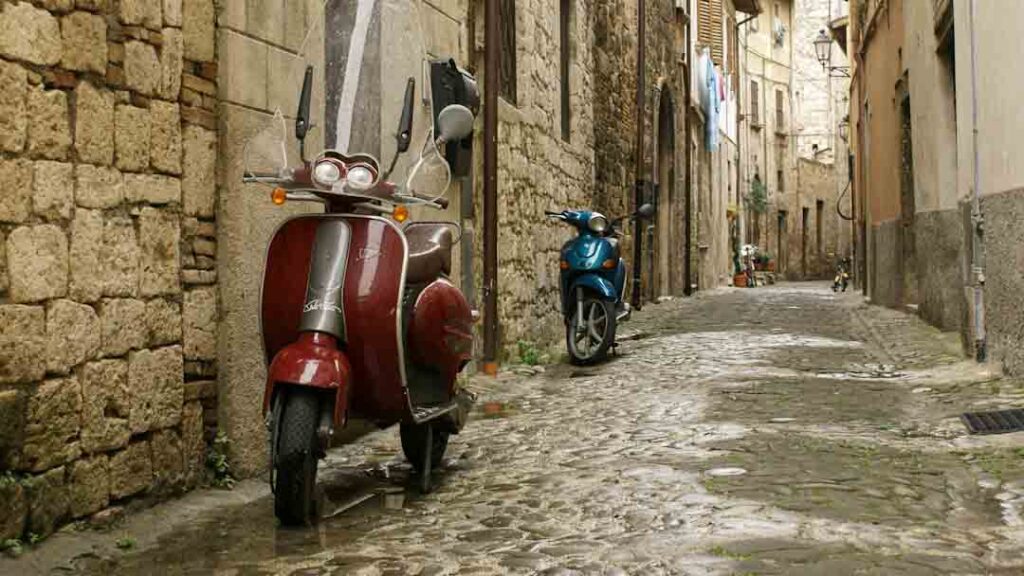
Italy is a nation of contrasts, with larger cities on one side and quiet small towns on the other.
While the big cities often grab headlines, it is the small towns that have preserved old farming communities and local traditions. In regions like Le Marche, these towns remain central to cultural identity and daily life.
Preserving Traditions
Small towns in Italy still celebrate ancient festivals, religious processions, and seasonal food traditions. Local crafts like leatherworking and shoemaking are still surviving here.
Architecture & Heritage
Stone farmhouses, imposing medieval walls. Italy’s architectural heritage is still alive in its small towns. Many villages in Marche and Abruzzo have been inhabited continuously for centuries, offering a sense of living history.
Community Life
In smaller towns, the piazza is still the heart of social life. People know each other, and there is a strong sense of belonging. Yet, these communities face challenges: depopulation, economic struggles, and the risk of being abandoned (UNESCO on Italy’s rural heritage).
Why Italy’s Small Towns Remain Relevant
Italy’s small towns are central to everyday life for millions of residents, and continue to shape how people live and interact today.
Related Articles:
👉 Rural Italy: Marche vs Abruzzo
